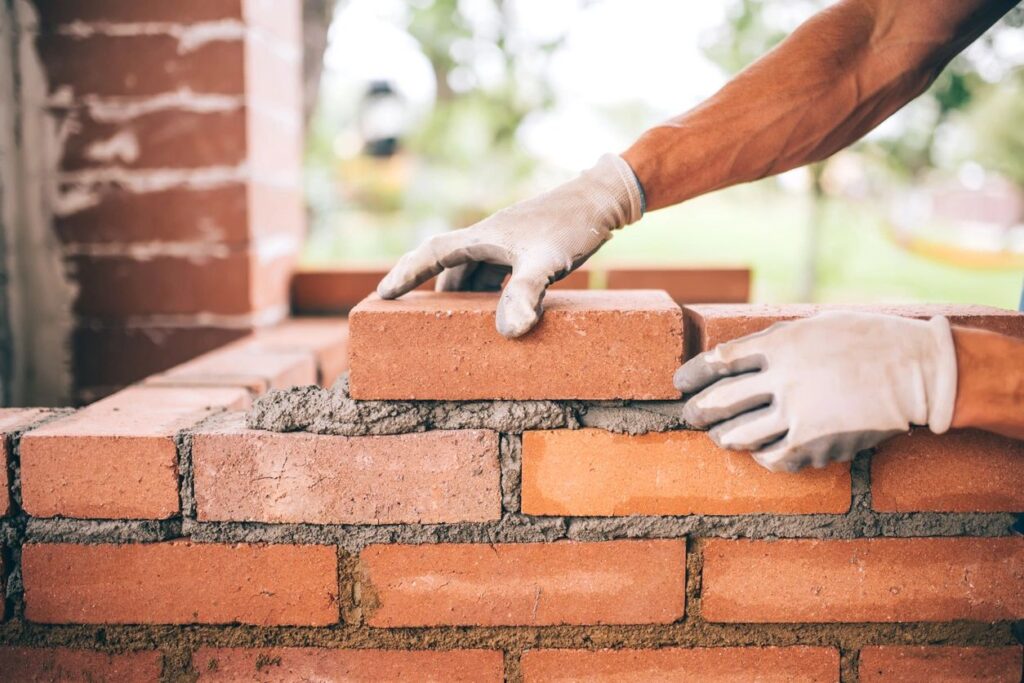
You’re about to put your house on the market and it’s in tip-top shape. You’ve done everything you can to make your home shine. You’ve hired the best Realtor, it’s been professionally staged and your home is priced right. But, there is just one problem. The messy neighbors next door could potentially scare away buyers. What is your game plan? Here are some peaceful ideas.
The first step of dealing with difficult neighbors should be to approach them in an open and non-confrontational manner. In a respectful and diplomatic way, let them know you are preparing to sell your home and would love their help, but without insulting their home. Let them know you would appreciate anything they can do to showcase the neighborhood well.
There may be reasons the outside of the home looks unkempt. The owner could be sick, or there is a new baby, to name just a couple of reasons. If they complain that it would be too difficult for them to do, offer to help clean up the mess, or hire professionals to get the job done. While it will be money out of your pocket, you won’t be forced to lower your asking price and in the end, you will be able to recoup that when you sell your home. A professional yard clean-up typically costs approximately $500 per quarter acre of land, so to put this cost into perspective, $500 is only 0.2% of a $250,000 home. Even if the clean-up only increases your property value by 2%, you’ll recoup ten times your investment.
The next step if your efforts are futile would be to try city hall. Explore how they can help you. Many cities and counties have ordinances that prohibit things such as a vehicle on jacks, old tires, or an inoperable trailer/truck parked on a lawn. Beyond being an eyesore, it could be dangerous to a child who might wander onto the property, thus the police should be contacted. The fire department and health officials might be concerned about any tall, dead grass that could be a fire hazard and an attraction to rats or other animals.
The problem may not be the fault of the homeowner if they rent out their home and their tenants aren’t taking care of it or behaving in a way that impacts the neighborhood. If after you have had a kind conversation with them and things still aren’t getting better, you should find the owner. Your Realtor will be able to assist you in tracking him down and help in encouraging cooperation from him.
The Bottom Line: The effects of a messy neighbor can be major. The entire neighborhood can be beautiful, but if there is just one home that has overgrowth, messy gardens, waste, or junk spread about it can bring down the value of all the homes in the area. While you might be the only one putting your home on the market at the moment, you can probably get the other neighbors to help the situation. A clean yard benefits all.

 See Our National Coverage Map
See Our National Coverage Map







